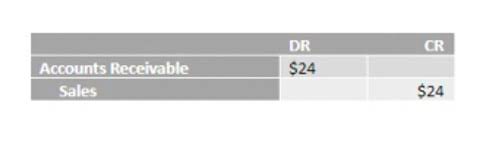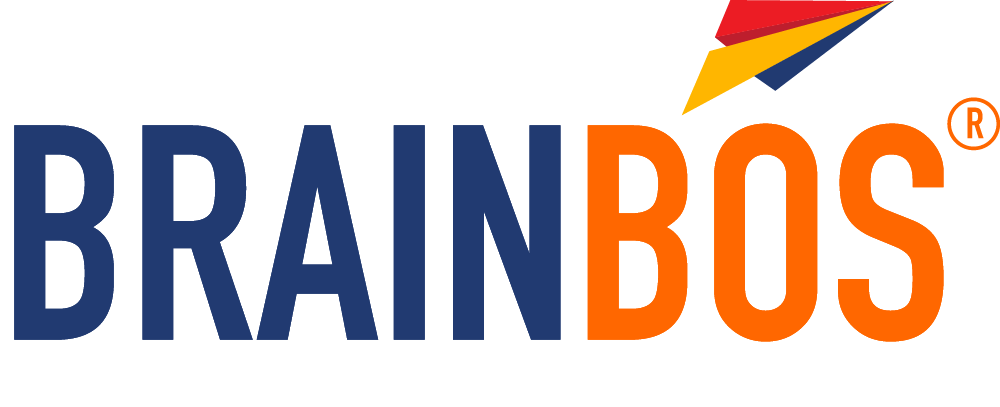
In this case, the full charge bookkeeper position may be converted into an assistant controller position, with responsibility for some aspects of accounting operations. With additional training, a full charge bookkeeper could be promoted into the controller position. A full charge bookkeeper is solely in charge of all accounting done within a small or medium-sized business. To help you determine if hiring a full charge bookkeeper is in your business’s best interest, you need to know what this role entails and how it is different from other bookkeeping work. Retaining a bookkeeper alone isn’t sufficient for your enterprise despite their training or authority. A bookkeeper may not be aware of tax documents that require to be filed within deadlines which will incur penalties from revenue authorities.
- Both bookkeepers and accountants contribute to a business’ compliance with regulatory requirements such as Generally Accepted Accounting Principles (GAAP) and the IRS tax code.
- While regular bookkeepers record financial transactions, create reports, process payroll, and manage customer payments and invoices, a full charge bookkeeper’s tasks extend beyond this.
- The difference between a bookkeeper and a full charge bookkeeper can also impact how a business manages its financial operations.
- Even with technology making its way into the field on a broad scale, humans are still needed for the high-skilled tasks and interpretation of information.
- This distinction is crucial when deciding the type of professional services a business needs to thrive.
- Bookkeepers need to have a strong attention to detail, as their work is critical in providing accurate financial data to accountants and the company’s management.
Job Descriptions of Bookkeepers vs. Accountants

Simply put, the roles and responsibilities of a full charge bookkeeper are a combination of the duties of a regular bookkeeper and an accountant or controller. A full charge bookkeeper is someone who will manage all the financial accounts of a business. They are usually accountable for more than a regular or part-time bookkeeper, and report not to an accountant but directly to the CEO, CFO, or financial https://www.bookstime.com/ manager. They are responsible for seeing the long-term situation and aligning the company’s day-to-day operations to align with business goals. Accountants generally have more education than bookkeepers, but it’s possible that you can get your foot in the door as a bookkeeper and end up working as an accountant. A certificate in accounting can be highly beneficial in navigating this career transition.
- Some small and medium enterprises may even only hire bookkeepers who can handle accounting processes.
- A freelance full charge bookkeeper can quote a fee that follows the industry standards, flexible, of course, based on the scope of the work.
- However, the two either work closely together or one person can end up handling both.
- Generally speaking, accountants analyze the financial data gathered by bookkeepers.
Increased Efficiency in Financial Management
But typically, accountants earn more than bookkeepers, and their midpoint salary is higher. With the help of accountants, business owners learn to understand their cash flow and how profitable they what is a full charge bookkeeper actually are. Finding an accountant to manage your bookkeeping and file taxes is a big decision. To navigate these waters successfully, developing robust financial strategies is essential.
eBay Bookkeeping Software: Best Options for Managing Your Seller Accounts
The bookkeeper’s detailed recording of financial transactions provides a foundation for the accountant’s high-level analysis. An accountant’s primary role includes evaluating and summarizing an organization’s financial activities. They scrutinize financial data to ensure that businesses run efficiently, public records are kept accurately, and taxes are paid timely and correctly. A bookkeeper’s role is primarily transactional, dealing with the day-to-day recording of financial transactions, including purchases, sales, receipts, and payments. This meticulous recording forms the foundation of a business’s financial data.

Do you own a business?

Bookkeepers focus on managing everyday financial tasks and maintaining accurate records, while accountants provide strategic guidance on taxes, investments, and financial planning. Bookkeepers play a crucial role in maintaining accurate financial records, which serve as the foundation for financial decision-making. Accountants, however, are responsible for interpreting the financial data and advising business owners on financial performance, strategies, and legal compliance. While bookkeepers focus on the tactical aspects of financial management, accountants contribute to strategic financial planning and decision-making. While bookkeepers and accountants share some overlapping responsibilities, their scope of work differs.
- This is one of the reasons why pursuing a career in accounting is a bit more challenging.
- No matter how much bookkeeping and accounting duties might differ, a full service bookkeeping job combines some features of both.
- Bookkeepers handle the daily recording and organization of financial transactions, while accountants take a higher-level view, analyzing and interpreting financial data to guide the company’s strategy and growth.
- Full-charge bookkeepers actively participate in decision-making processes and provide business owners and managers with valuable financial insights.
- Public accounting generally pays the most to a candidate right out of school.
What educational qualifications are typically required for bookkeepers and accountants?


